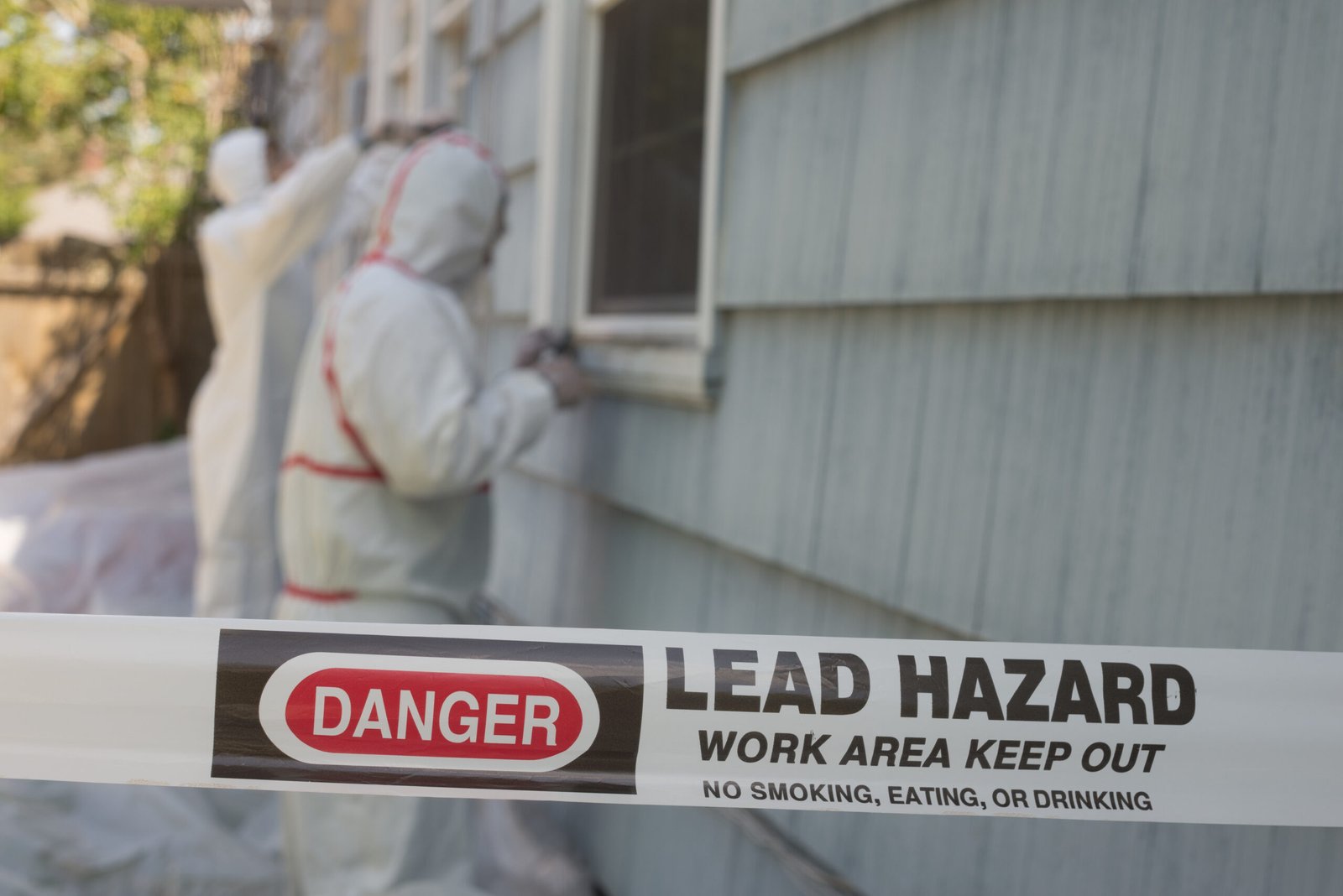Protecting Bay Area families from lead poisoning.
Why.
Every kid deserves a lead-safe home.
Lead poisoning isn’t a thing of the past—it’s a quiet, ongoing crisis, especially for families in older, under-resourced Bay Area neighborhoods. Kids here are still exposed through chipping paint, contaminated soil, and old infrastructure. Many families don’t even know their homes are high-risk.
Go Unleaded exists to change that. We believe every family deserves to live without the hidden threat of lead. We’re not waiting for sweeping policies—we’re acting now, neighborhood by neighborhood.

What we do
We build practical, community-focused tools to reduce lead exposure and raise awareness in the Bay Area.
LeadShield Toolkit
A simple, low-cost kit with lead safety info, cleaning supplies, and soil testing guidance—designed for families in high-risk East Bay neighborhoods.
Community Outreach
We’re planning outreach efforts through school partnerships, tabling at local events, and working with housing justice and public health organizations to reach families directly.
Filtered Water Access
We’re exploring a small-scale program to provide filtered water bottles or hydration stations to students in schools where aging infrastructure puts them at risk.
Clear, Local Information
We’re building resources—including renter-friendly lead safety guides and directories for free testing and remediation help.
The stats.
The danger is hidden. But with the right tools and outreach, the solution doesn’t have to be.
458 children under age 6 in Alameda County had blood lead levels ≥ 3.5 µg/dL in 2022—the level requiring public health intervention.
3.14 % of Alameda County children under 6 tested in 2022 had elevated lead levels (≥ 3.5 µg/dL)—out of 14,608 tested.
171 children aged 0–5 in Alameda County showed blood lead levels between 4.5 and 9.49 µg/dL in 2020—while 60 had levels ≥ 9.5 µg/dL.
Over 75 % of Alameda County homes were built before 1978—meaning they likely contain lead-based paint.


